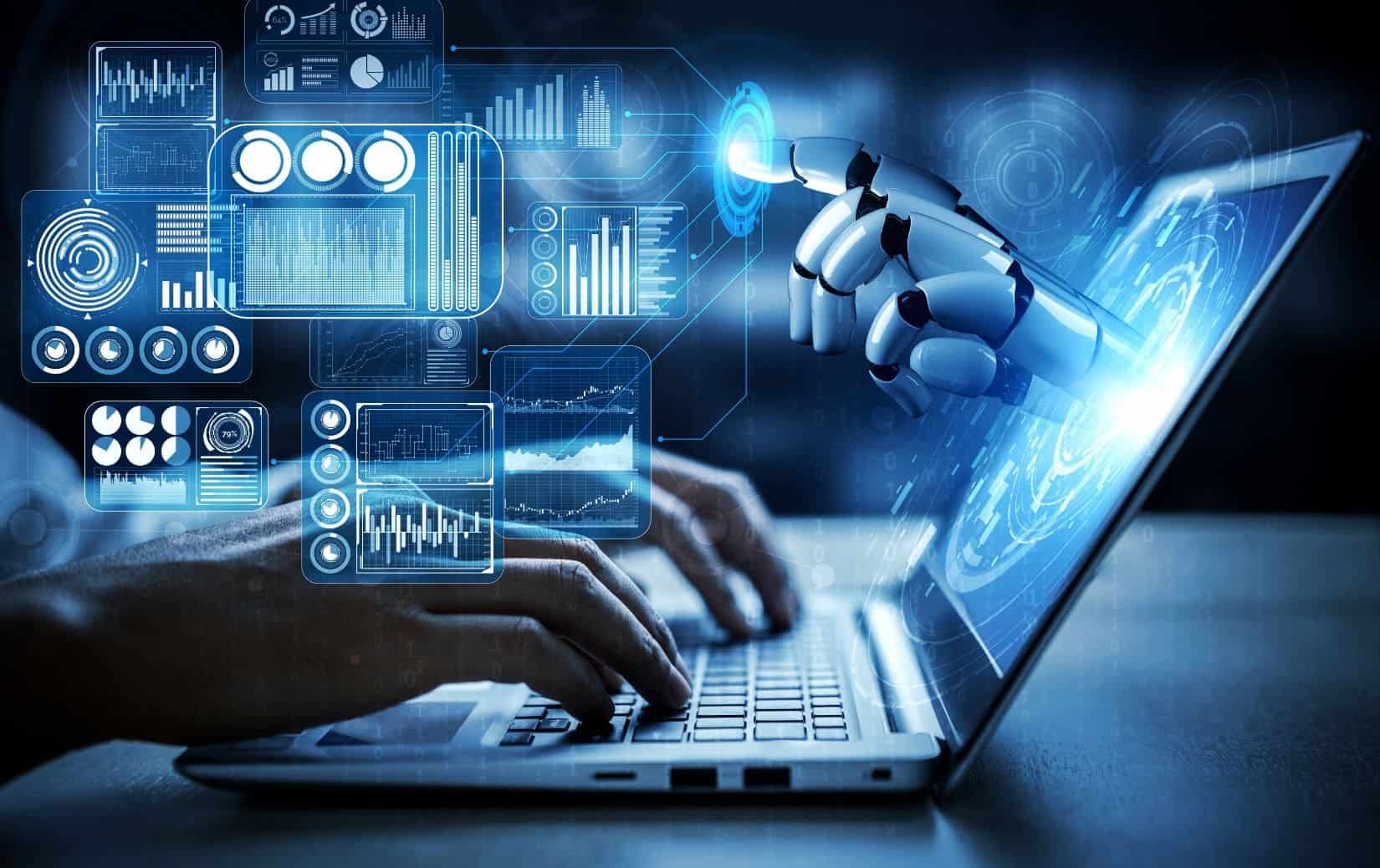Artificial intelligence
Artificial intelligence (AI) refers to the simulation of human intelligence processes by machines, particularly computer systems. These processes include learning (the acquisition of information and rules for using it), reasoning (using rules to reach approximate or definite conclusions), and self-correction. AI encompasses a broad range of technologies and applications, including machine learning, natural language processing, computer vision, robotics, expert systems, and more. Here are some key concepts and areas of application within artificial intelligence:
Machine Learning (ML): Machine learning is a subset of AI that focuses on developing algorithms and statistical models that enable computers to learn from and make predictions or decisions based on data without being explicitly programmed. It includes supervised learning, unsupervised learning, and reinforcement learning techniques.
Deep Learning: Deep learning is a specialized subset of machine learning that uses neural networks with many layers (deep neural networks) to model and process complex patterns in large datasets. Deep learning has achieved significant breakthroughs in areas such as image recognition, speech recognition, natural language processing, and autonomous driving.
Natural Language Processing (NLP): NLP is the field of AI that focuses on enabling computers to understand, interpret, and generate human language in a way that is both meaningful and contextually relevant. NLP applications include language translation, sentiment analysis, chatbots, and virtual assistants.
Computer Vision: Computer vision involves developing algorithms and systems that enable computers to interpret and analyze visual information from digital images or videos. Applications of computer vision include image recognition, object detection, facial recognition, medical image analysis, and autonomous vehicles.
Robotics: Robotics combines AI with engineering to design, build, and deploy robots that can perform tasks autonomously or with human assistance. Robotic applications include industrial automation, healthcare robotics, service robots, drones, and autonomous navigation systems.
Expert Systems: Expert systems are AI systems that mimic the decision-making ability of human experts in specific domains or areas of expertise. They use knowledge representation and reasoning techniques to solve complex problems and provide recommendations or solutions.
AI in Healthcare: AI is transforming healthcare by enabling applications such as medical image analysis, predictive analytics, personalized medicine, virtual health assistants, and drug discovery.
AI in Finance: AI is revolutionizing the finance industry with applications such as algorithmic trading, fraud detection, risk assessment, credit scoring, and customer service automation.
AI in Transportation: AI is driving innovation in transportation with applications such as autonomous vehicles, traffic management systems, predictive maintenance, and route optimization.
Ethical and Social Implications: As AI technology continues to advance, it raises important ethical and social considerations related to privacy, bias, accountability, transparency, job displacement, and the future of work. Addressing these challenges is essential to ensure that AI benefits society while minimizing potential risks and negative consequences.
Overall, artificial intelligence has the potential to transform industries, improve efficiency, and solve complex problems across various domains. However, realizing this potential requires ongoing research, innovation, collaboration, and responsible deployment of AI technologies.


